#Government
Driving Dystopia: Eight Automakers Accused of Lying About Customer Data Protections
Legislators have accused several automakers of betraying their customers by going back on an earlier pledge to protect their data. The brands stated during a congressional inquiry that they would provide information to government officials upon their request, despite having previously signed onto the Consumer Privacy Protection Principles in 2014 where they vowed only to hand over customer data when given a formal court order or search warrant.
This has resulted in Senators Ron Wyden (D-OR) and Edward Markey (D-MA) asking the Federal Trade Commission (FTC) to launch a formal investigation on the grounds that the companies have engaged in deceptive tactics that misrepresent what they’re actually doing.
Despite Investing Billions, Biden’s EV Charging Fund Hasn’t Yielded Much
The amount the United States has been spending to advance the proliferation of all-electric vehicles in recent years has been genuinely staggering. However, the allocated funding doesn’t appear to be doing much good. EV adoption rates are slowing and the $7.5 billion earmarked exclusively for the construction of charging stations has only resulted in a handful of operational locations.
Gas War: U.S. Oil Companies Accused of Price Fixing With OPEC, Increasing Inflation
Last week, the Federal Trade Commission (FTC) shared documents that would seem to suggest that U.S. shale oil firms purposefully colluded with the government of Saudi Arabia to fix oil prices between 2021 and 2023. The report was followed by a piece from BIG journalist Matt Stoller alleging that American oil companies and Saudi leadership likely cost the average American household $3,000 via fuel price hikes and the subsequent inflation created by artificially spiking the market.
Opinion: Automatic Emergency Braking Mandate is Misguided Overreach
Sometimes, government regulations make so much sense, you wonder why they weren't passed before. And sometimes, they make sense when taken at face value, but not as much when you think it through.
That, I think, is the case with the recent rule that requires automatic emergency braking to be standard on all new cars starting with the 2029 model year.
Driving Dystopia: Connected Vehicle Data Now Up For Grabs By Intelligence Agencies
Connected vehicles now appear to be on the table as a new vector for government surveillance. On Saturday, President Joe Biden signed a bill that reauthorizes Section 702 of the Foreign Intelligence Surveillance Act after the Senate passed it late on Friday (60-34).
Southern Unionization Remains An Uphill Battle As Governors Caution Against UAW
With the United Automobile, Aerospace and Agricultural Implement Workers of America International Union (UAW) seeking to expand in the Southern United States, Republican governors have started to condemn the action on the grounds that it would be detrimental to the economy. Governors in Alabama, Georgia, Mississippi, South Carolina, Tennessee and Texas released a joint statement against the UAW shortly before Volkswagen workers in Chattanooga, Tennessee, were supposed to begin voting on whether or not to unionize.
Alfa Romeo Milano Renamed ‘Junior’ to Satisfy Italian Law
Following criticisms and potential legal actions stemming from the Italian Minister for Business, Alfa Romeo has opted to rename the recently revealed Milano crossover. The subcompact model will now be called the “Junior,” which sounds like the kind of name someone comes up with for a small car out of sheer desperation.
New Mexico EV Mandate Stands After Opposition from Car Dealers
The State of New Mexico has denied a petition put forward by automotive dealers to ease off on planned electric vehicle mandates. The groups had claimed that forcing electrification would hamper commerce by encouraging residents to purchase more vehicles from neighboring territories and were limiting residents freedom of choice. However, a governor-appointed state Environmental Improvement Board reportedly voted to deny the challenges late last week.
Gas War: Appeals Court Upholds EPA Approval of California Emissions Rules
On Tuesday, a U.S. appeals court agreed to uphold the Environmental Protection Agency's decision to re-grant a waiver that allows California the ability to set its own tailpipe emissions limits and electric vehicle mandates.
Gas War: Biden Admin Decides Against Refilling Dwindling Oil Reserves, Citing High Prices
The Biden administration has decided against purchasing oil for the Strategic Petroleum Reserve after promising to refill the nation’s emergency energy supply after it reached a 40-year low. This news does not bode well as we head into the summer months when fuel prices tend to be higher.
America’s oil reserve is currently authorized to hold more than 720 million barrels of emergency crude oil that can be released under certain conditions. While the exacting thresholds are fairly vague, emergency drawdowns have occurred in the past due to oil supply disruptions stemming from trade embargoes, natural disasters, and warfare. The Biden administration argued that both the COVID-19 pandemic and Russo-Ukrainian War qualified.
U.S. Traffic Deaths Declined in 2023 But Remain Historically High
The National Highway Traffic Safety Administration (NHTSA) has announced that traffic deaths declined by 3.6 percent in 2023. While this is good news, the United States continues seeing per capita vehicle fatalities at the highest rate witnessed since the mid 2000s.
In 2023, the NHTSA reported 40,990. This is in contrast with the 42,514 on-road deaths cited for 2022. However, the U.S. witnessed a fairly staggering decline in vehicular safety starting around 2015 and we’re still seeing metrics that would be considered high from before that period.
Gas War: California Brings Stellantis to Heel
Stellantis has agreed to adhere to California emission policies, including requirements to make two-thirds of new cars to zero-emission or electric by 2030. This means the automaker — which oversees Dodge, Chrysler, Jeep, Ram, Fiat, Maserati, Alfa Romeo, and several brands that are not sold in the United States — will be required to cut emissions through the 2026 model year and adhere to California’s requirement to have a majority electrified fleet within the next several years. There are also provisions for the company to spend millions of dollars on charging stations and community outreach programs designed to encourage EV sales.
Cleveland City Planners Change Policies to Create 15-Minute City
Cleveland, Ohio, has approved new zoning and transportation policies that are angling to transform it into the next “fifteen-minute city,” The City Planning Commission voted to move forward with changes to building codes in several pilot neighborhoods it wants to make more pedestrian friendly. However, such policies have become contentious with European examples further down the path of progress seeing relatively consistent opposition due to the fact that the ultimate goal is to eliminate the automobile.
Toronto Police Recommend Letting Thieves Steal Your Car
While car crime has been up generally in recent years, some North American cities have seen staggering increases in automotive theft. Toronto estimates that it has endured a nearly 150-percent in automotive crime over the past six years and local authorities are rolling out a new tactic to cope with the situation — police have advised the public to just let thieves take their vehicle.
Study Claims EVs Will Not Save the Environment, All Cars Are Bad
A recent study published in the Journal of Transport Geography has alleged that “car harm” cannot be undone by the world pivoting to all-electric vehicles.
However, the paper doesn’t favor everyone running out to buy the largest diesel pickup they can afford. Instead, it adopts the same anti-driving nonsense we’ve seen from the Vision Zero Network and government regulators that have been caught up in its activism web. The issue, as framed in the study, isn’t that EVs still pose a problem. The complaint is that all vehicles are problematic and the paper recommends sweeping policy changes pertaining to how roads are managed to deal with the matter.






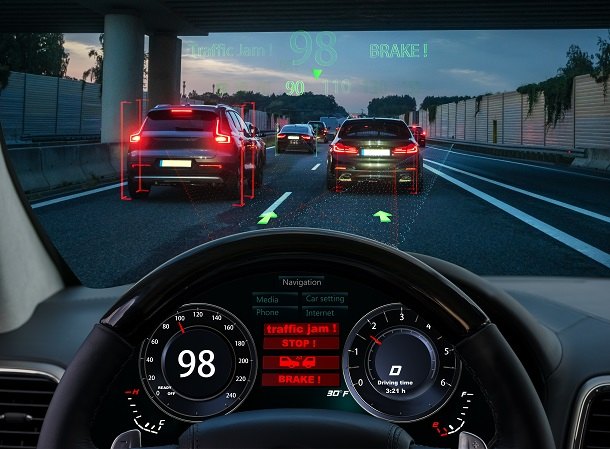
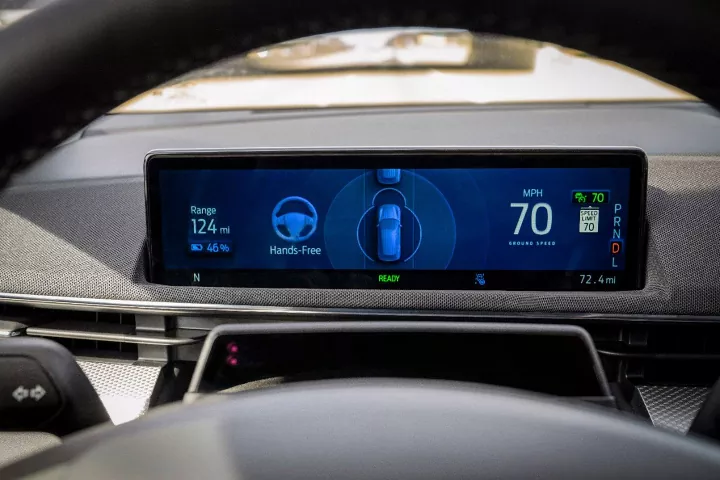
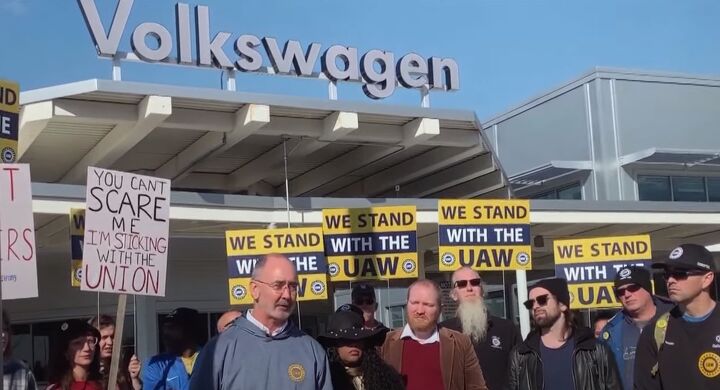
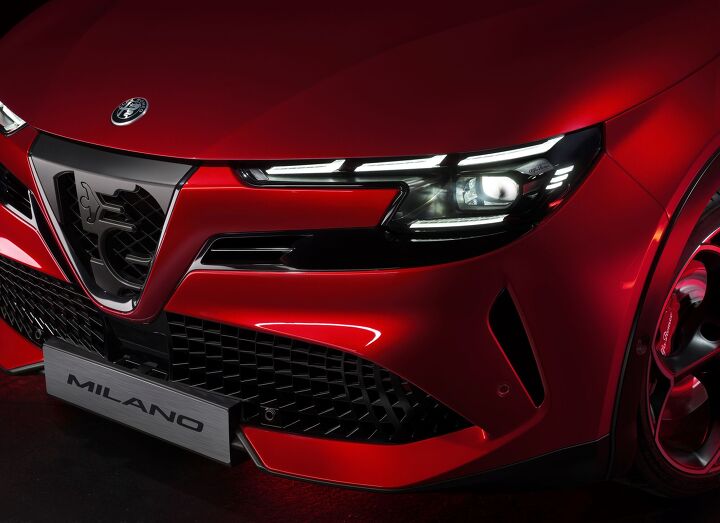
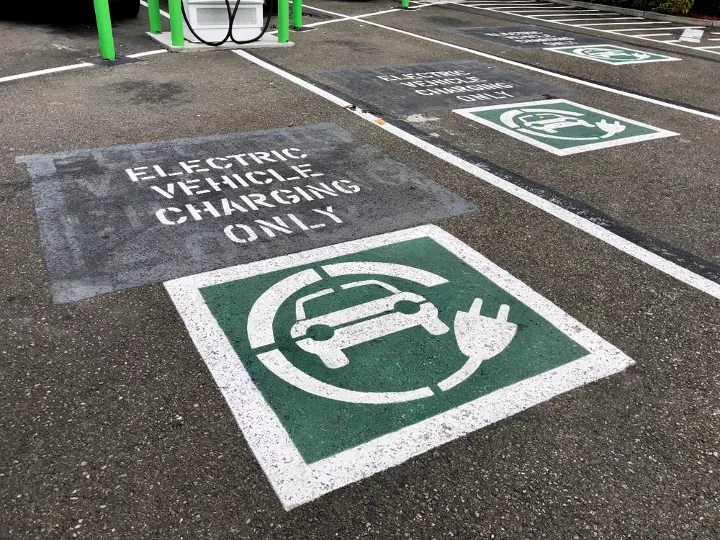


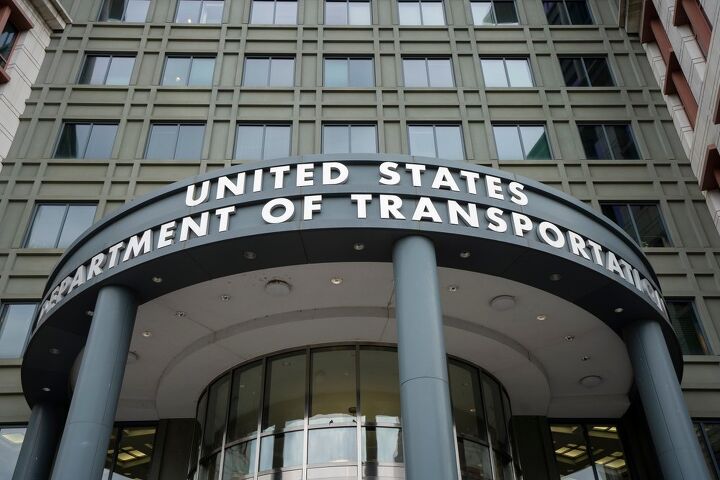
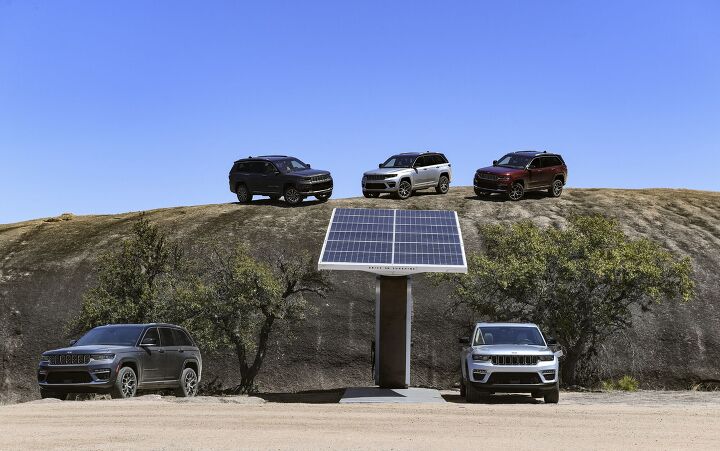
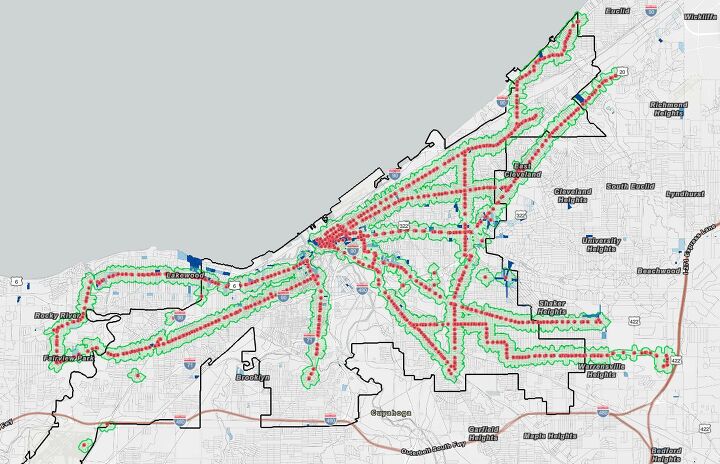













Recent Comments